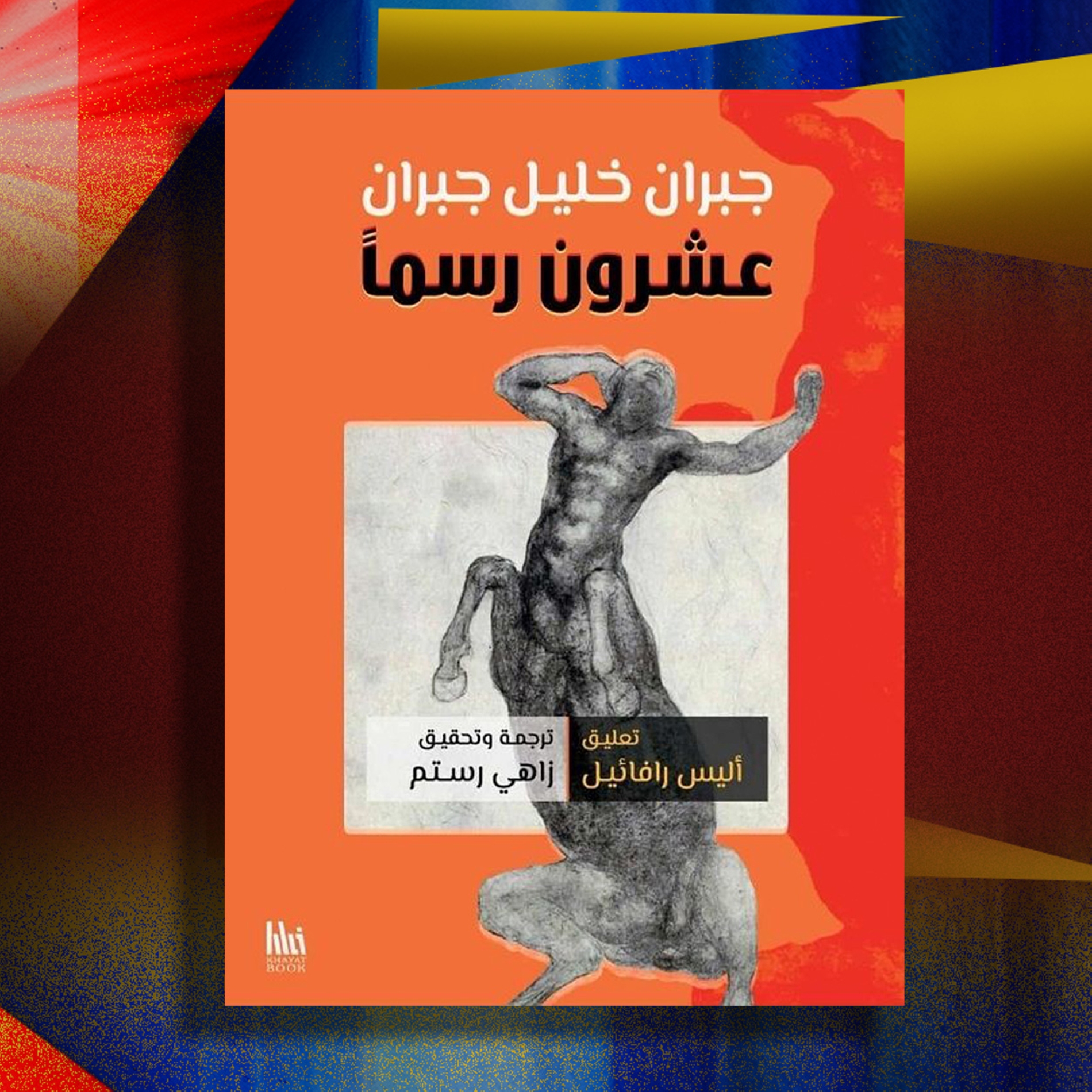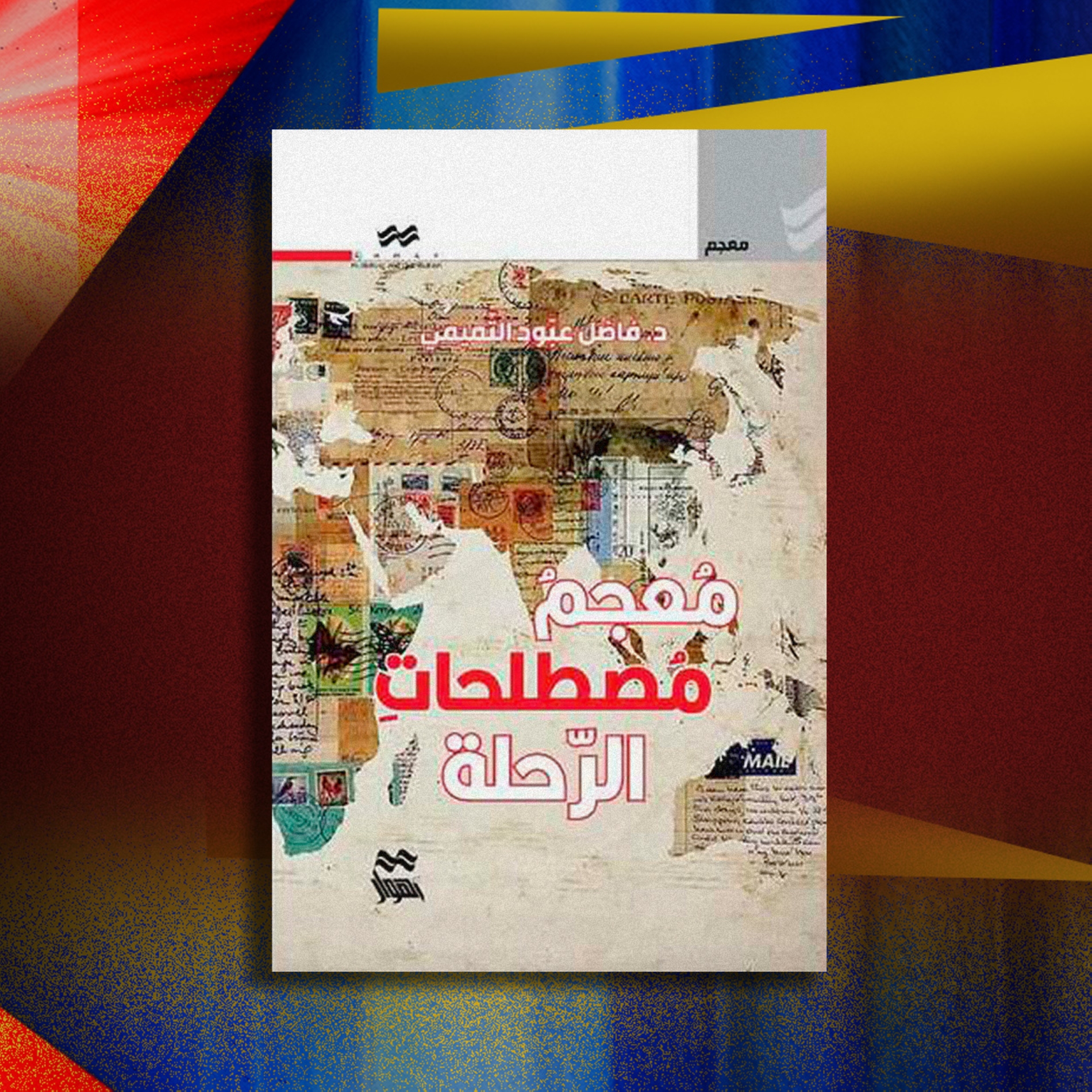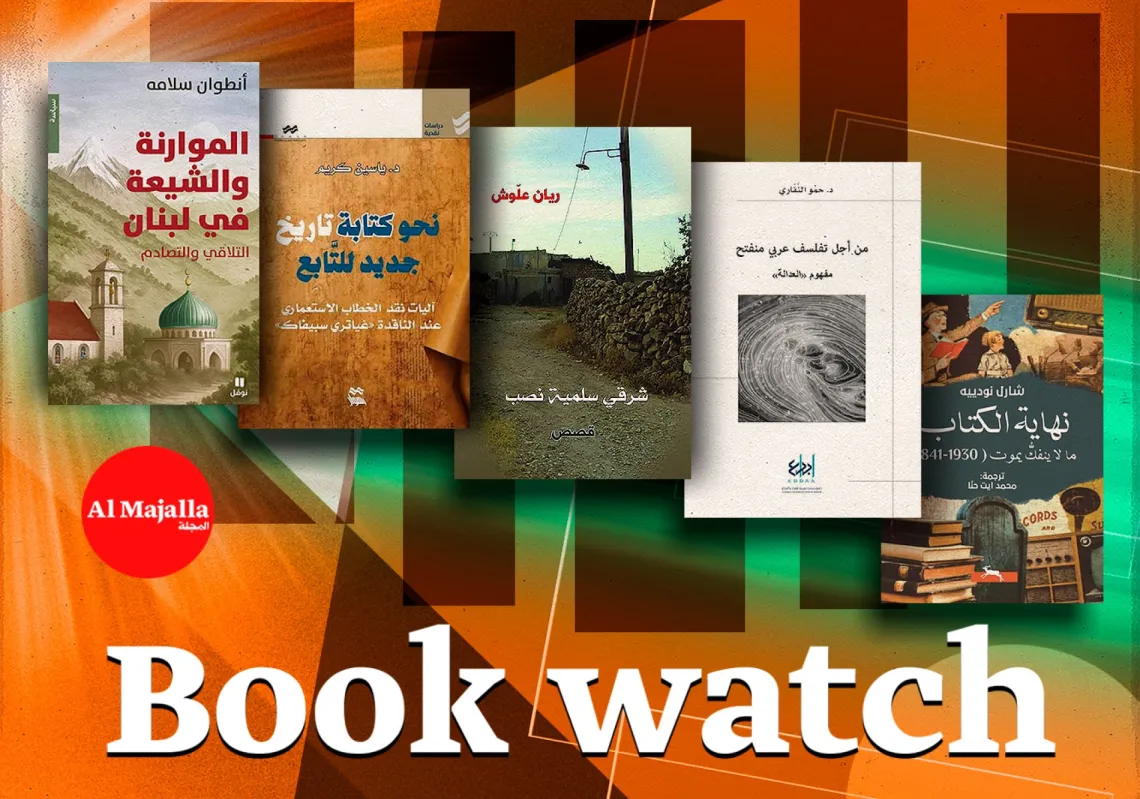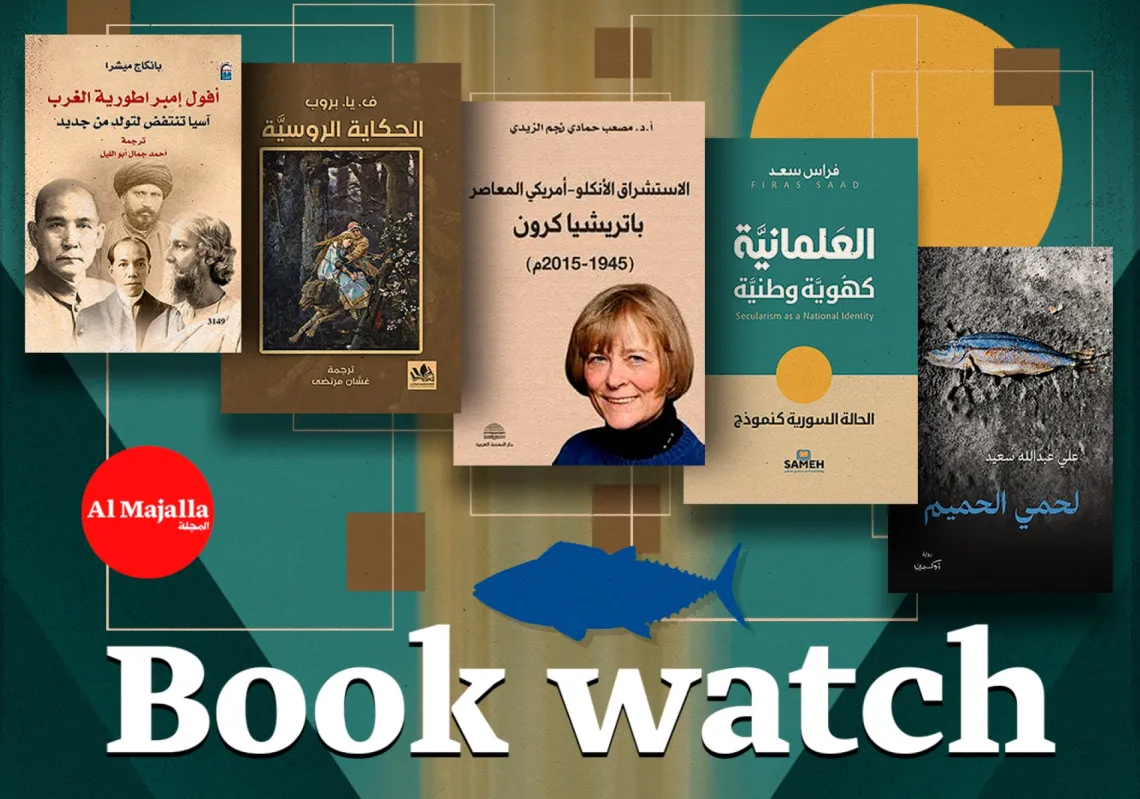The Arab world has a vibrant and rich literary scene. Al Majalla selects some notable titles in our fortnightly round-up of the latest Arabic books, which aims to highlight trends and perspectives in the region.
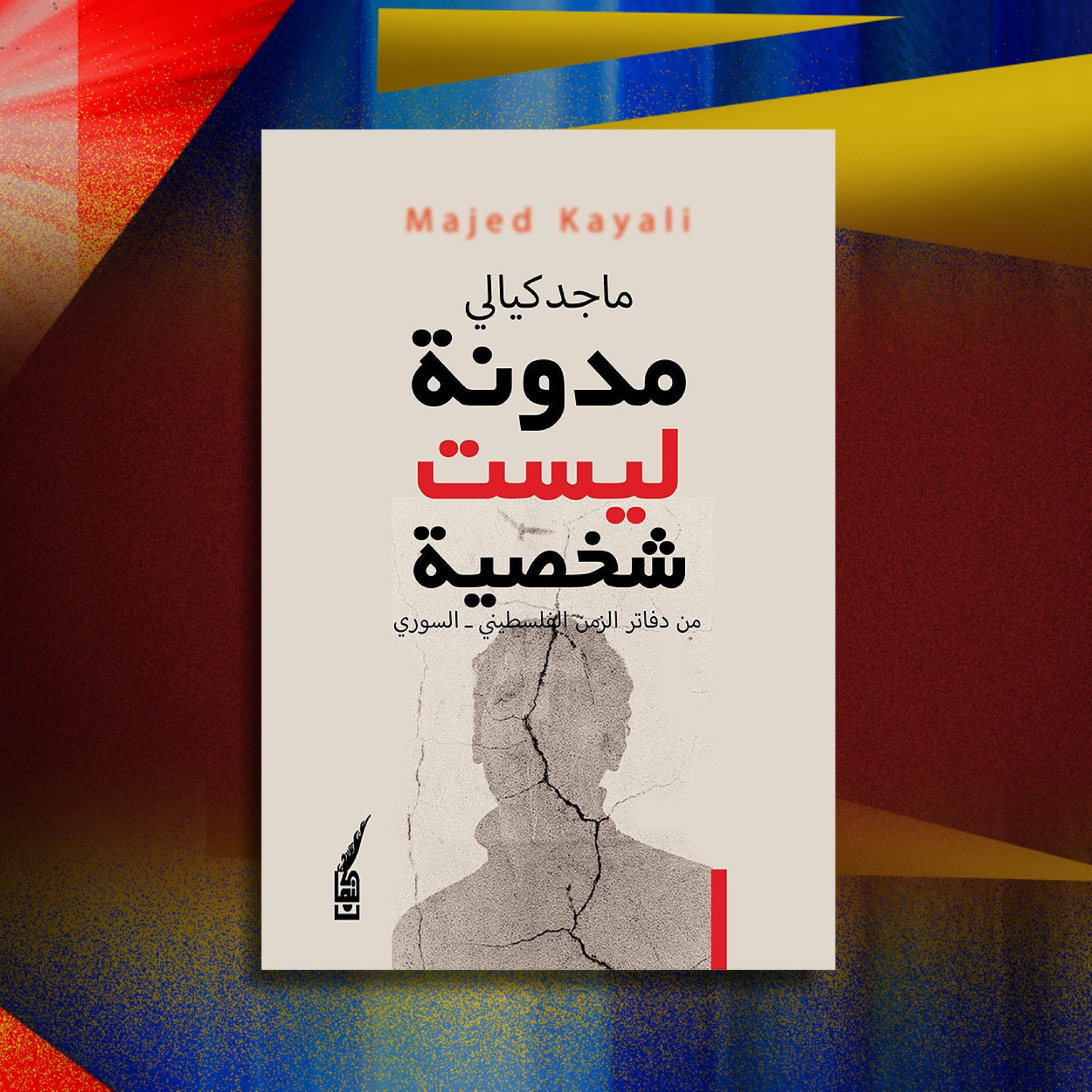
A Blog That Is Not Personal: Pages from the Palestinian-Syrian Era
By: Majed Kayali
Publisher: Kanaan for Studies and Publishing, Syria
In this autobiographical book, Palestinian writer and Al Majalla contributor Majed Kayali, 70, crafts a contemplative 247-page memoir that takes the reader from Jordan to Damascus via New York, Istanbul, and Berlin. More than a personal recollection, this is a sweeping portrait of a generation shaped by the convulsions of Palestinian and broader Arab tragedies, weaving individual stories with the political and intellectual changes of the era.
Kayali recounts the awakening of his Palestinian consciousness, shaped in exile. He revisits his early involvement with the Fatah movement in Jordan, his teenage activism and the emergence of an internal critique that would grow over time. The Israeli invasion of Lebanon in 1982 marked a turning point and a rupture that intensified his journey from revolutionary fervour to reflective disillusionment.
The book draws heavily on his memories of place and identity. Lod, his birthplace, becomes a symbol of unresolved grief in the Palestinian psyche, evoking a sense of permanent absence and yearning. As the story progresses, it shows an increasing engagement with culture and writing. For Kayali, books become more than companions; they are a form of resistance and preservation, evoking lost homelands and vanquished hopes.
Writing becomes both a refuge and a weapon in exile, meaning that Kayali finds his sense of place not in geography but in the written word. Readers can feel both the ache of displacement and the quiet dignity of perseverance, as scenes are recalled with an intimacy that transcends nostalgia. At its core, this is a question of belonging.
In the final chapters, the narrative softens into an elegy for comrades and thinkers who shared the long road of struggle and contemplation. The likes of Majed Abu Sharar, Salameh Kaileh, Michel Kilo and Faisal al-Hourani are not abstractions but a vivid presence for Kayali, who has now authored 11 books.
This work is not an autobiography in the conventional sense, he says, but rather a political and human document in which the private and the collective intersect, capturing the fractured dreams of a generation that yearned for liberation and justice. More than a memoir, this is a quiet reckoning, a book of remembrance and resistance, shaped by loss yet sustained by clarity of thought, returning to the unresolved question of Palestine and the intellectual struggle that endures in its name.
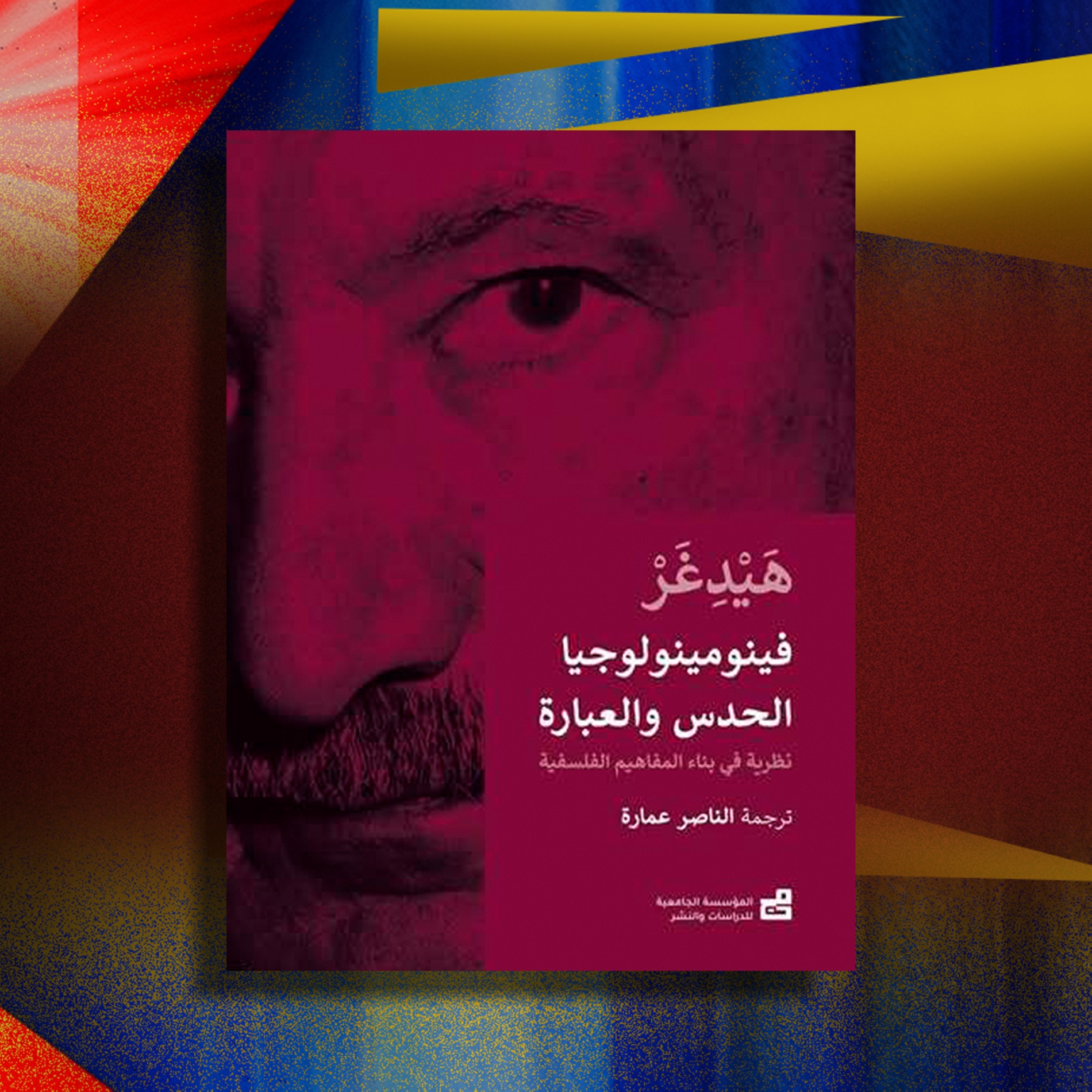
Phenomenology of Intuition and Expression: A Theory of the Construction of Philosophical Concepts
By: Martin Heidegger
Translator: Al-Nasser Amara
Publisher: University Institution for Studies and Publishing, Lebanon
As the title suggests, German philosopher Martin Heidegger (1889-1976) uses this book to explore the relationship between intuition and expression, seeing both as essential to the formation of philosophical concepts. It is based on a series of lectures he gave at the University of Freiburg in 1920. Only translated into English in 2010, it is now available in Arabic.
Known for his insights in philosophical fields such as ontology, phenomenology, hermeneutics, and existentialism, Heidegger departs from the dominant emphasis on expression in modern thought—understood as language, text, and discourse—and instead reclaims intuition as a vital force with generative power.
Seeing intuition as neither indistinct nor fleeting, Heidegger defines it as the original moment in which meaning is disclosed, the point at which a philosophical concept comes into being prior to its articulation. For him, intuition precedes language, and it is within this pre-verbal moment that genuine philosophical insight takes root.
The connection between intuition and expression is central to Heidegger’s argument. He maintains that a philosophical concept is not simply the product of speech or analysis, but arises from what he calls the “experience of intuition”. This allows the conceptual structure to emerge with existential weight.



